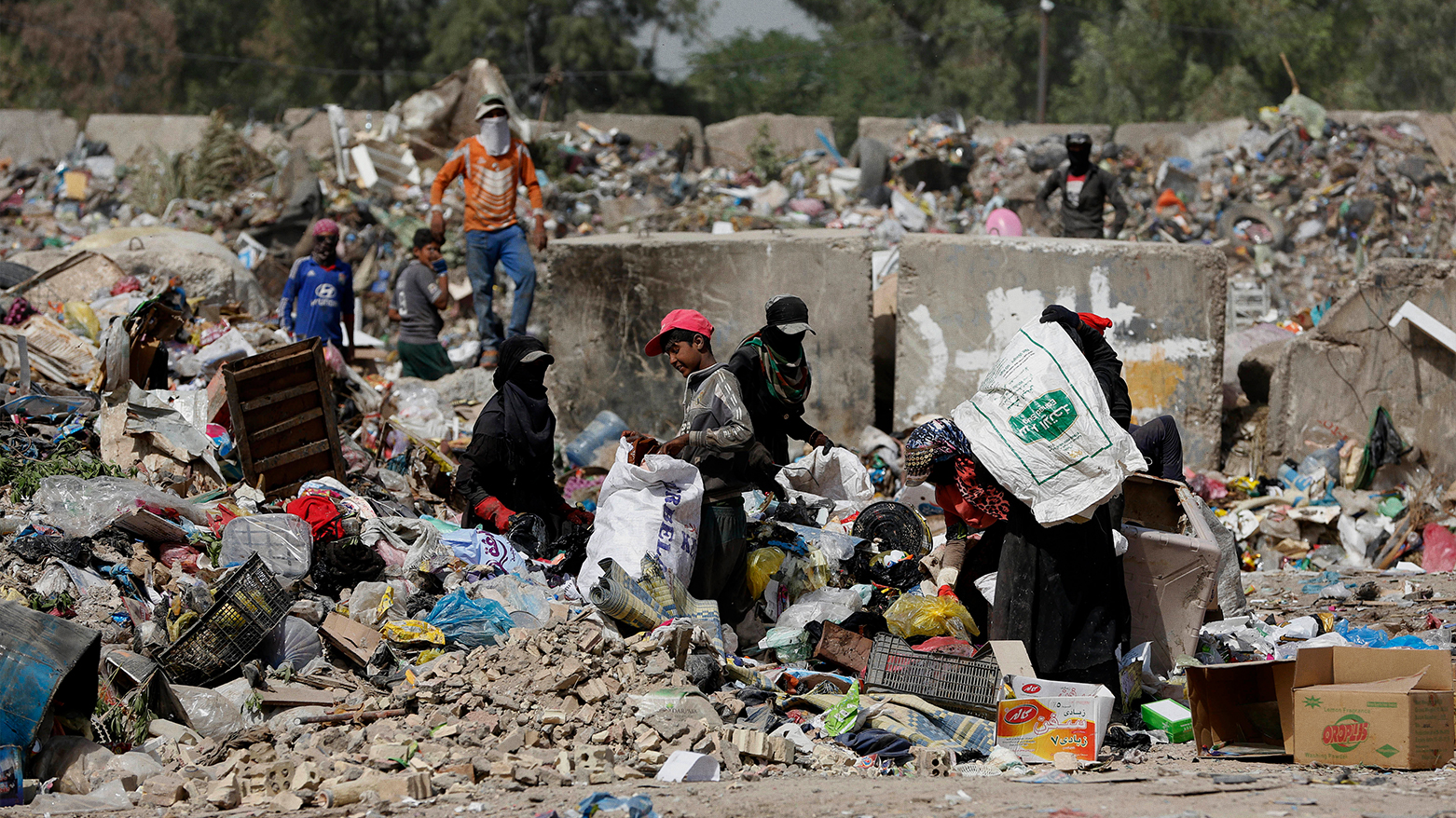Poverty, Despair Fueling Iraq's Human Trafficking Crisis
A rights monitor warns that poverty and economic despair are fueling a persistent human trafficking crisis in Iraq, including the organ trade. Experts say laws alone are not enough to stop criminal networks from exploiting the vulnerable amid dire economic conditions.

By Kamaran Aziz
ERBIL (Kurdistan24) – Iraq remains mired in a persistent human trafficking crisis, with organized crime networks exploiting deep-seated poverty and economic despair to fuel illegal activities ranging from forced begging to the illicit trade of human organs, a leading rights monitor warned on Saturday.
In a press statement, Ali Abadi, head of the Iraqi Center for Human Rights, asserted that despite a decrease in overall cases, the core problem endures. "Human trafficking still exists in Iraq and has not ended," he said on Saturday.
Abadi noted that international reports continue to highlight Iraq's serious challenges in combating the issue, particularly in areas suffering from security instability or poor economic conditions which create a "favorable environment for these crimes."
He identified poverty, unemployment, and poor economic conditions as the "main causes" driving crimes such as begging, prostitution, and the illegal trafficking of human organs, especially kidneys. Experts believe criminal networks are now using modern methods, including social media, to lure their victims.
According to Abadi, law enforcement alone is not a sufficient deterrent. "Combating these phenomena," he stated, "requires genuine solutions such as creating job opportunities and organizing awareness campaigns." Human rights reports suggest that weak development and the unequal distribution of wealth are among the most significant root causes.
The warning from the Iraqi Center for Human Rights echoes previous alarming reports about the scale of the crisis, particularly regarding the illegal organ trade.
A Kurdistan24 report from May 2024 highlighted a troubling increase in human organ trafficking, with the Office of the High Commissioner for Human Rights (OHCHR) documenting 10 cases in Babil Governorate over three years. Activists and observers cited extreme poverty and the displacement of thousands of Iraqis as the primary drivers of this trade.
The desperation fueling the crisis was starkly illustrated by a case involving the arrest of a mother for attempting to sell her daughter for $2,300.
While Iraq has stringent laws, including the Combating Human Trafficking Law No. 28 of 2012, which carries penalties up to the death penalty, the problem persists.
Hemin Bajalan, a former member of the Iraqi Human Rights Commission, previously told Kurdistan24 that "mafia groups have emerged in Iraq through kidnapping and trafficking in body parts," exploiting security gaps and preying on vulnerable populations like refugees.
Bajalan noted that while the government periodically announces the arrest of trafficking rings, "these groups are numerous, and the arrest of some will not halt their operations," underscoring the deep-rooted and systemic nature of the challenge.